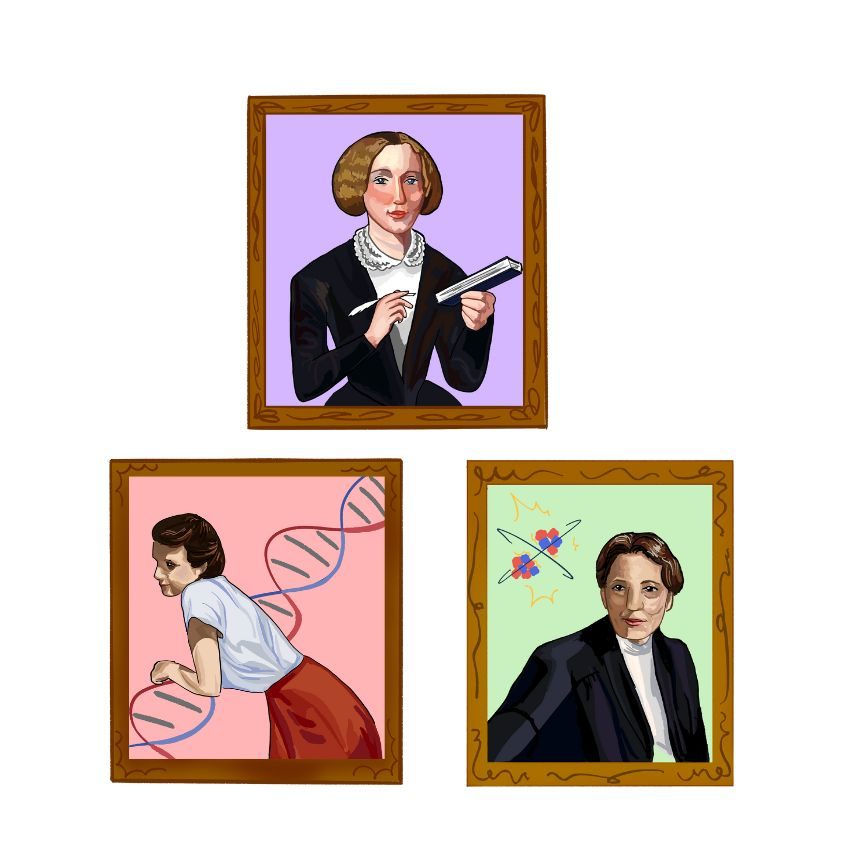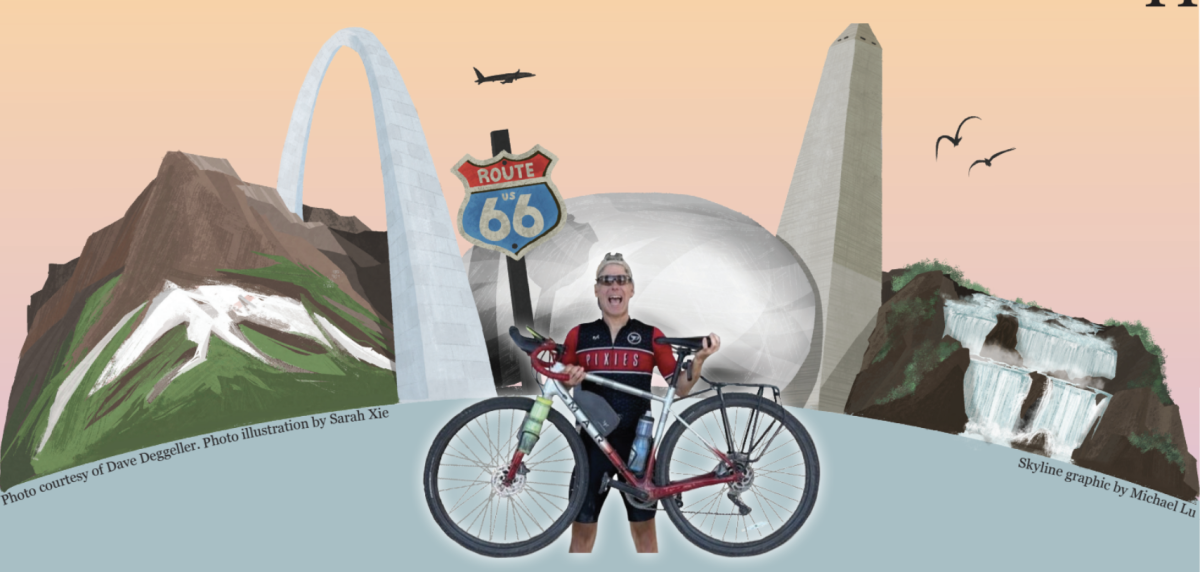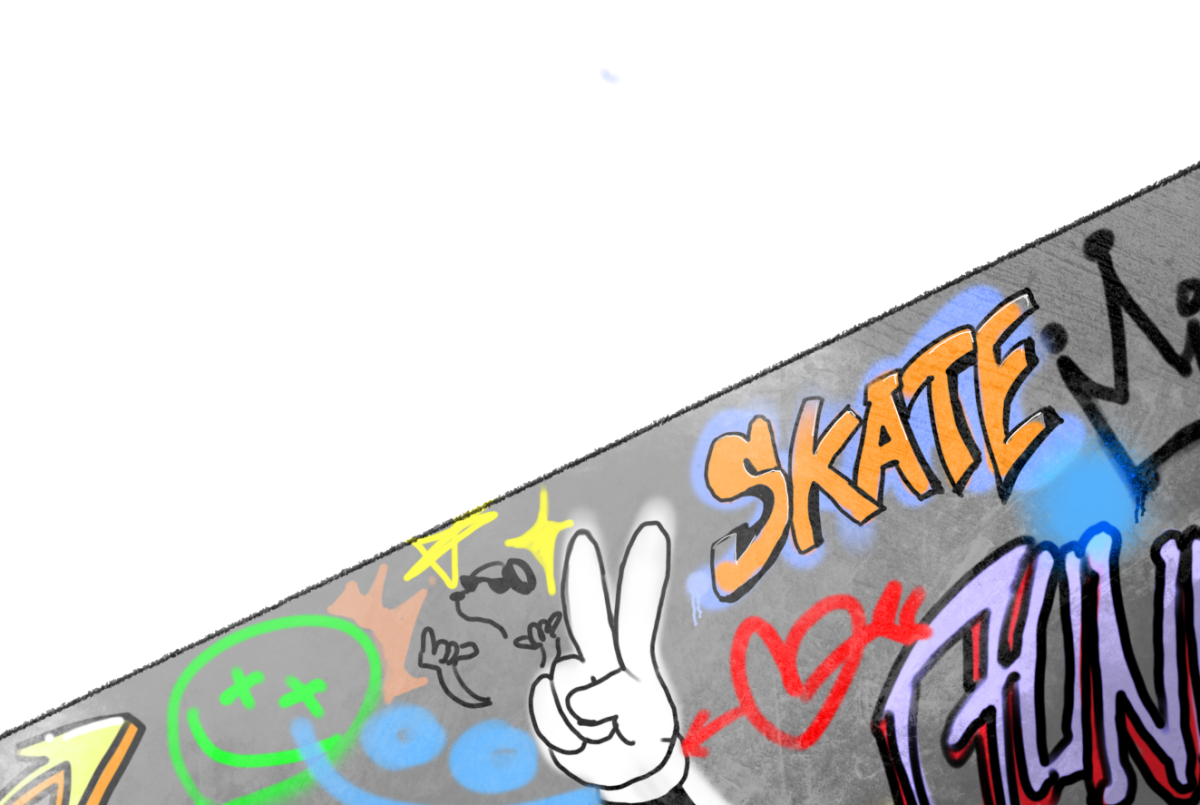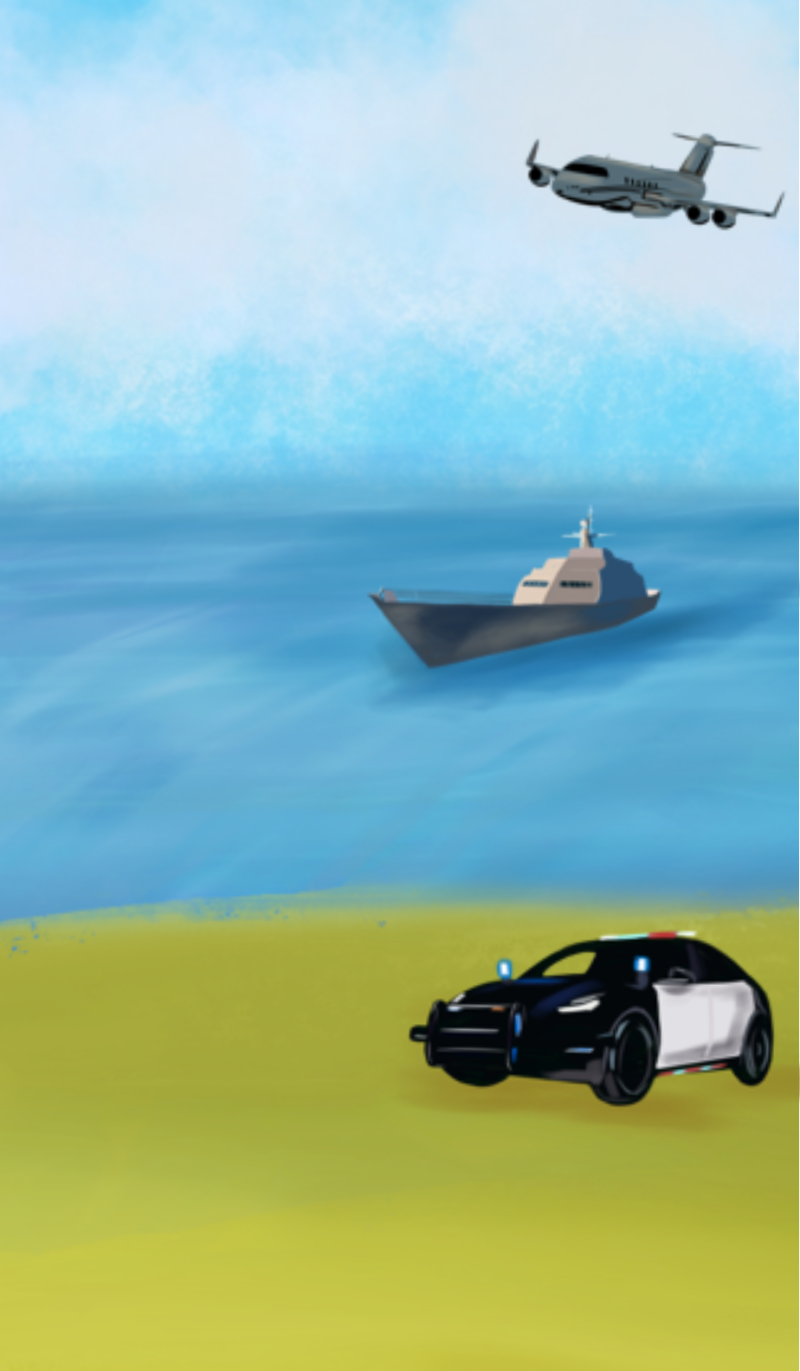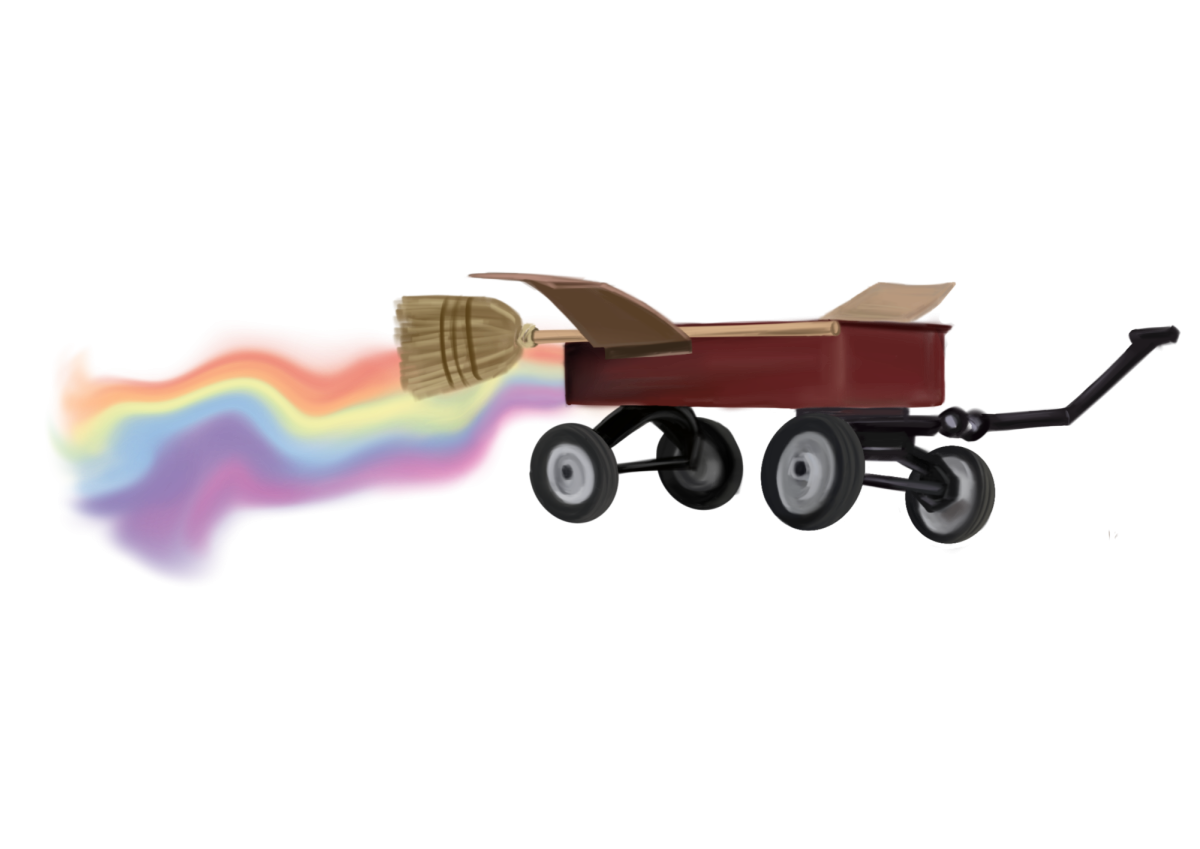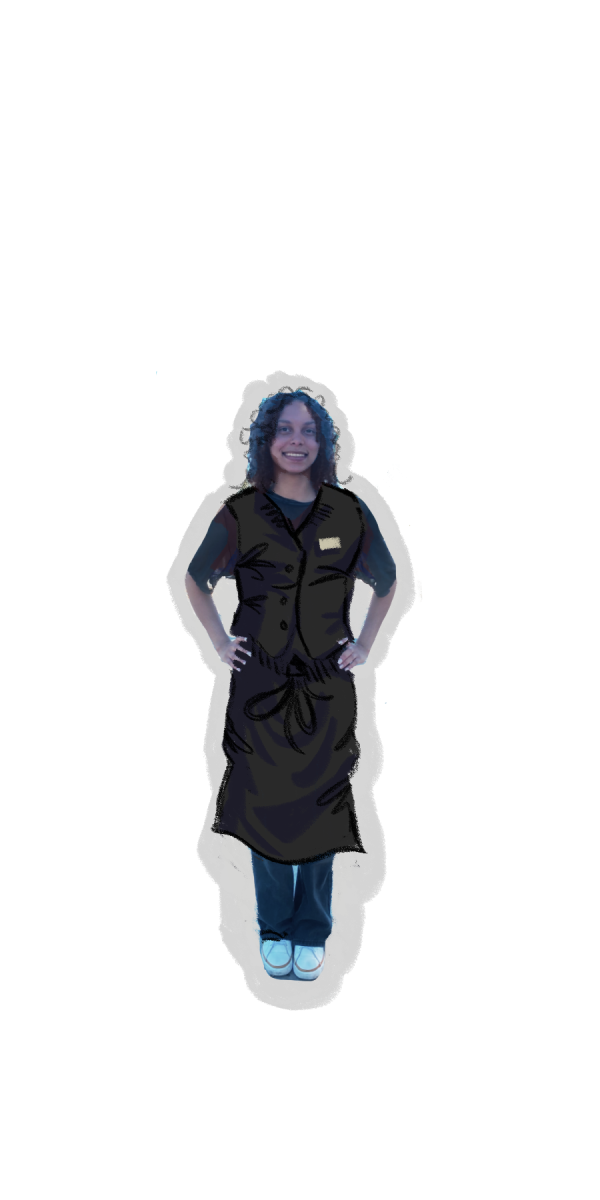Written by Aayush Dubey
Senior Joy Jin was named a regional semi-finalist in the Siemens Competition for Math, Science and Technology.
Jin competed at Siemens once before as a sophomore with partner Thomas Luh from Leland High School and Dr. Hu Li at University of California, San Francisco (UCSF). Their project showed a relationship between a certain protein and lung cancer, which helped Jin and Luh become 2012 Siemens finalists. During the first half of the 2013 year, they participated in the Synopsys Science fair, in Santa Clara and the Intel Science and Engineering Fair (ISEF), which is the largest international pre-college science competition.
Inspired by her past project, Jin thought of ideas for her own science fair project from both her experience and through online published research papers. She worked with Li again to identify cancer stem cell markers that promised for better chemotherapeutic treatment in the future. “It’s important because it’s one of the first cancer stem cell markers identified in lung cancer,” Jin said. “This project, I think, is stronger than the last project because it is part of the foundation for our research in developing drugs.”
Jin felt that working on this project was different than her previous experience, because she was more involved. Additionally, she had to figure out what direction the project would go, which took a longer time to get the results. However, she believes that the entire experience was all worth it. “Being in a research lab has made me realize how much time you have to put in to get your results back.” Jin said. “It’s really inspiring for me, because it makes me realize that if you persevere and have a hunger to figure stuff out, you can really make a difference.”
As a semifinalist, Jin will not be presenting her project at the Siemens competition. She has another opportunity at the Intel Science and Talent Search (ISTS), the nation’s most prestigious science research competition for high school seniors. Jin has hopes to reach the finalist stage of the competition.
Jin feels that her research experience will help her achieve her goals of becoming a surgeon and having an impact. “In the future, one of my goals is to develop some new technology that I can use in my practice as a surgeon,” Jin said. “Having a research background is a really good experience. You know you can contribute so much to the [scientific] community by presenting a project that you really worked hard on.”
On October 16, Senior Sharon Chen was named a Siemens finalist for her research project that examines processes in the brain using Magnetic Resonance Imaging (MRI).
Chen worked on the project over the summer with a graduate student from Stanford University in a MRI lab. During that time, Chen had to read through journal articles about Positron Emission Tomography (PET), a common scanner that identifies body conditions, and identify a way to incorporate more of the MRI technology into PET. She helped with the design of circuit boards that would better incorporate the MRI technology into PET.
According to Chen, the impact of her new detector boards helps the evaluation of Brain PET by providing advanced tumor imaging recognition. As opposed to other scanners, Chen’s circuit boards uses magnets instead of a radioactive dose, helping patients who are sensitive to this type of dose. Her innovation would cause a lower the amount of dose required for patients, as well as the creation of a better PET system with clearer images.
Since her project dealt with topics in physics, electrical engineering, bioengineering and several other fields, she felt that she was able to learned a lot. “My project was very technical,” Chen said. “I had to learn new software, independently write code and design new circuitry and my own boards. Usually, computer engineering majors don’t even have this experience.”
According to their website, the Siemens competition for California finalists took place at the California Institute of Technology on Nov. 7 and Nov. 8. Chen is excited to meet other high school students and see their projects. “I can meet amazing high school students who have worked on their projects for months or years,” Chen said. “Also, I see how other scientific subjects can be applied in advancement of human understanding.”
Despite how useful her experience was on this project, Chen does not know what her future ambitions will be. She believes that the students she worked with and the variety of fields her project covered showed her many viable, interesting careers. “The lab members major in lots of different fields, and it has helped me see that there are different paths that people can take.” Chen said. “In fact, because the lab has people coming from a variety of backgrounds, we can all learn from people who have different areas of expertise. This makes interdisciplinary projects enjoyable.”




